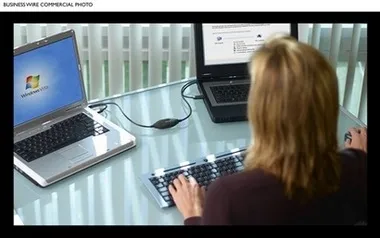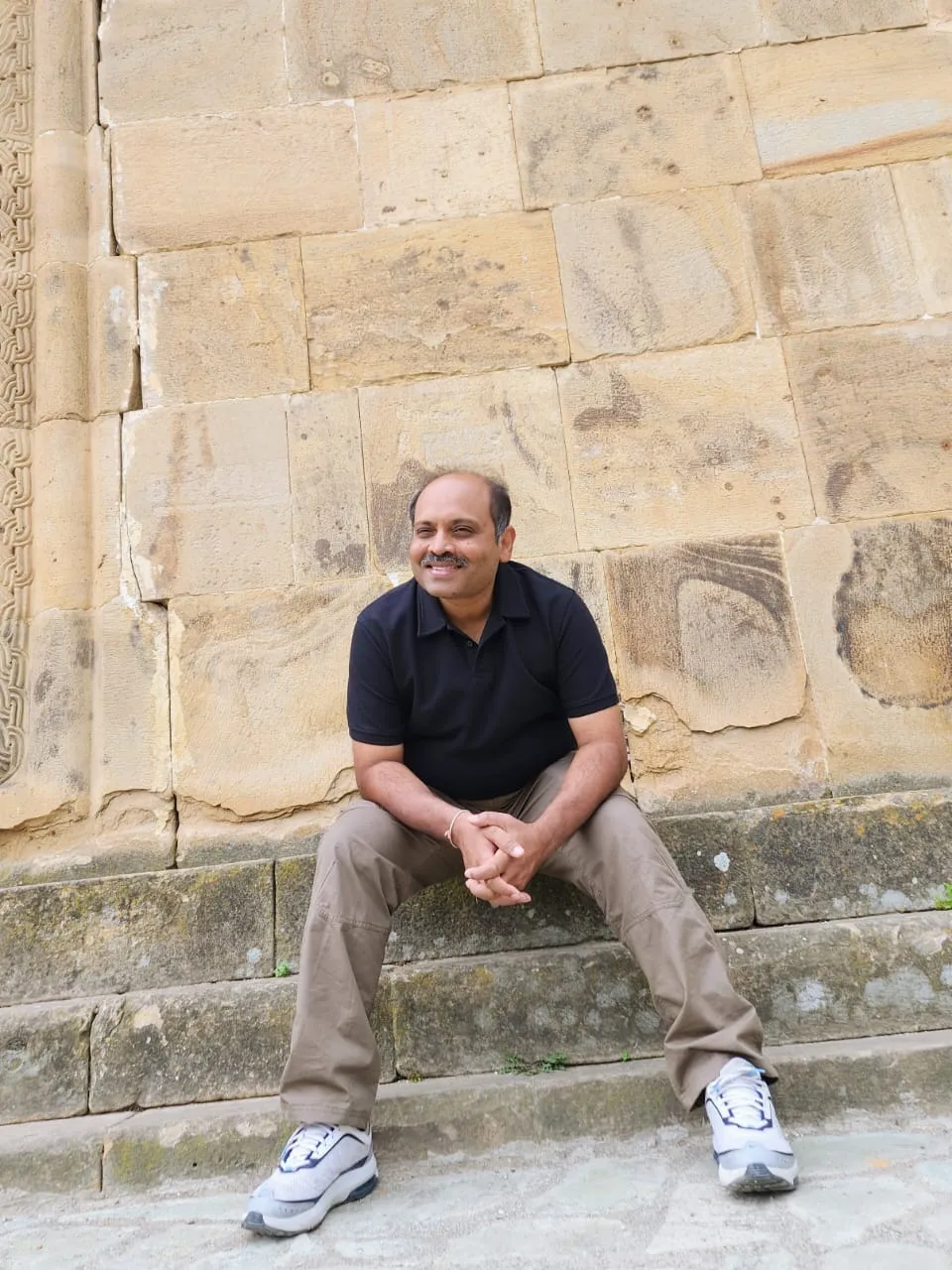[This is Part I of Online Data Backup Services Review. Read Part II here.]
Imagine you wake up one fine morning and turn on the computer to check your emails. The system won’t boot at all and all you hear is a “ticking” noise that’s very different from the regular sound that comes out of the hard drive. You restart the computer but no luck.
Finally, you call the technician; he performs a few checks and concludes that your hard disk has crashed. There’s a small chance that some of the data may be recovered from the crashed disk but he isn’t too sure.
That means all those precious digital photographs, videos from your kid’s first birthday, important documents, music files, web bookmarks, home accounts and emails have disappeared forever. And this is no fictional example. Every passing moment, someone somewhere is facing the trauma associated with a hard disk crash.

Most of us realize that it’s extremely important to take regular backups of data stored on our computer (some gurus suggest taking a backup of a backup) but we’re still not doing it because either we don’t know how to backup or don’t have the time (feeling lazy) or think it’s all a very complicated task.
Well, taking regular backups of your data is now almost as simple as writing text in Notepad. You no longer have to worry about transferring copies of data to external hard drives through USB cables or burning the data onto CDs or DVD disks - all you need is a broadband internet connection to backup your data automatically on a computer that’s located thousands of miles away from you (also known as online remote backup). Read Part II here.


